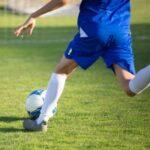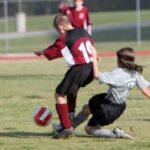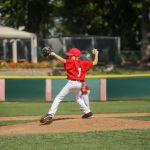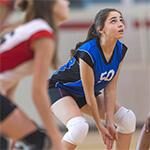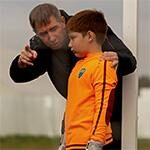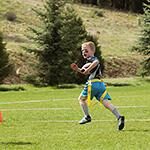5 Tips: Are Losses Devastating or Motivating for Your Athletes?
Are Losses Devastating or Motivating? Summary: Are Losses Devastating or Motivating for Your Athletes? Young athletes can use defeats to fuel motivation by learning from setbacks instead of letting losses undermine their confidence. After a disappointing performance, kids should process the loss, reset goals, identify skills to improve, and adjust … Read Sport Psychology Tip

